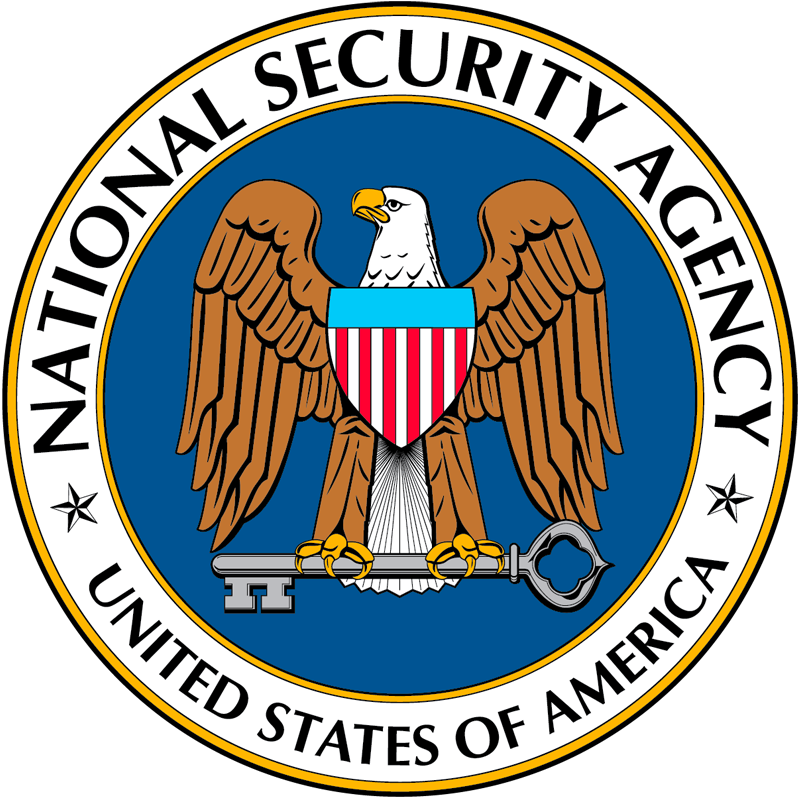
Editor's Note The Food and Drug Administration (FDA) on October 10 classified a cybersecurity correction involving Abiomed’s Automated Impella Controller as a Class I recall, the most serious type, according to the FDA Medical Device Recalls and Early Alerts database. While devices are not being removed from clinical settings, the…

Editor's Note Beginning October 1, the Food and Drug Administration (FDA) is mandating that all De Novo classification requests be submitted electronically using its eSTAR system, according to a final rule and guidance issued by the agency. As detailed in the September 30 release, the shift marks a procedural change…

Editor's Note Serious cybersecurity vulnerabilities remain in healthcare despite significant improvements in recent years, according to a July 16 MedCity News report on recent data from cybersecurity firm Fortified Health Security. Fortified’s research, which reportedly draws on NIST CSF data and first–hand experience from the field, assesses the state of…

Editor's Note The Centers for Medicare & Medicaid Services (CMS) just proposed sweeping changes to the Medicare Shared Savings Program and Physician Fee Schedule for calendar year 2026, including extensive changes to outpatient Medicare policy such as payment increases, expanded procedural access, and new quality reporting updates, as outlined in…

Editor's Note A new Deloitte report shows healthcare finance leaders are increasingly focused on external business pressures, especially federal policy changes, tariffs, and economic volatility, Chief Healthcare Executive reported June 24. In contrast to prior surveys, where workforce and internal operations were top concerns, 84% of leaders now cite external…

Editor's Note AI systems are only as secure and reliable as the data that powers them. That’s the central message of a guidance sheet jointly issued May 22 by the NSA, CISA, FBI, and cybersecurity agencies from Australia, New Zealand, and the UK. The document outlines best practices for securing…

Editor's Note AI-powered attacks are breaching not only firewalls, but also hospital walls. That’s the urgent takeaway from a May 20 report from Black Book Research on the Black Book Q2 2025 poll, which reveals that while 93% of healthcare cybersecurity leaders feel confident in their digital defenses, only 18%…

Editor’s Note Healthcare organizations are hemorrhaging millions to cybercrime and turning to medical staff as unlikely but indispensable defenders in the face of this growing threat. As detailed in a Cyber Security News April 29 article, healthcare remains the most expensive industry for data breaches, with the average cost reaching…

Editor's Note One cyberattack can unravel years of work and financial stability for a surgical practice. That’s the central warning in an April 9 commentary by Lenworth M. Jacobs Jr., MD, MPH, FACS, professor of surgery at the University of Connecticut and director of the Trauma Institute at Hartford Hospital.…
Editor's Note Healthcare organizations are improving their ability to respond to cyberattacks but continue to fall short on preventing them—particularly when it comes to managing third-party and asset-related risks. That’s the key takeaway from the 2025 Healthcare Cybersecurity Benchmarking Study conducted by KLAS Research and partner organizations. Surveying 69 healthcare…